World Refugee Day: girls tell us their vision for the future
150 girls caught up in humanitarian crises around the world reveal what change they want to see
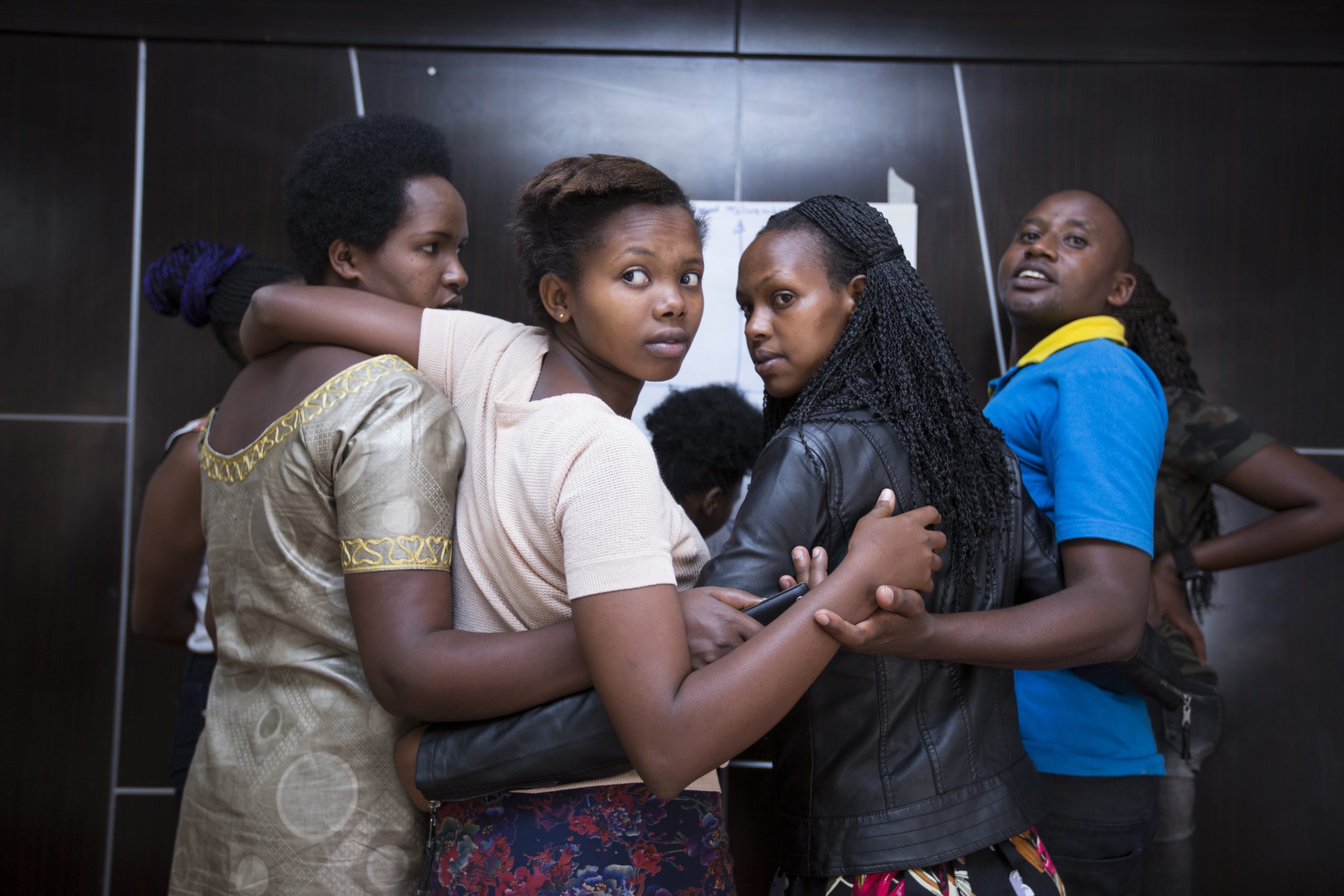
150 girls caught up in humanitarian crises around the world reveal what change they want to see
The coronavirus crisis is having a devastating impact across the world, but for the millions already living in refugee camps or conflict affected areas, it has meant a crisis on top of a crisis. Refugee girls are among the worst affected in any crisis - their voices often the least heard, and their rights and needs left unmet.
Saturday June 20 is World Refugee Day, and an opportunity for increased awareness on girls living in Rwanda, Uganda and Nigeria. Plan International, a non-profit organisation that works with children in the world's poorest countries to build a better future, asked 150 girls caught up in humanitarian crises around the world what change they want to see in the future.
The coronavirus crisis has made this more urgent than ever. For girls in Jordan, Lebanon, Uganda and Nigeria, the global pandemic has been a crisis on top of a crisis, as in refugee camps the pandemic has led to reduced food provisions, cramped conditions making social distancing impossible and a lack of access to basic supplies such as soap.
And with increases in gender-based violence, unpaid care burdens, and sexual exploitation – we know girls are bearing a significant brunt of this disaster. We must ensure that girls are not forgotten in the response – especially girls living through crises. Now is the time for organisations, governments, donors and young people to work together to ensure girls’ demands are heard and become a reality.
To help address this crisis , earlier this year Plan International partnered with over 150 young people to create Our Vision: A Call to Action by Girls in Crisis - an eight-point action plan for change. The idea? For We world leaders to #ListenToGirls. Marie Claire stands in solidarity with refugees and other forcibly displaced people around the world and fully support this campaign.
Here are the 8 things refugee girls want to see from the world's leaders:
Marie Claire Newsletter
Celebrity news, beauty, fashion advice, and fascinating features, delivered straight to your inbox!
1. 'We want gender equality'
Conflict and humanitarian crises often exacerbate gender inequality and discrimination. This can manifest in greater control and restrictions being placed on girls and increased domestic and care burdens.The pandemic has added to the inequalities that girls face due to their gender - around access to education and health care, particularly menstrual hygiene management, as well as household duties and livelihoods.
2. 'We want better support and services for unaccompanied minors'
Girls described how displacement and crisis leads to serious challenges and risks for unaccompanied and separated girls who lack the immediate protection provided by parents, families and/or primary caregivers. Girls reflected that they are often forced into marriage as the only route to have any financial support. Child marriage often brings an end to their education and limits the opportunities available to them.
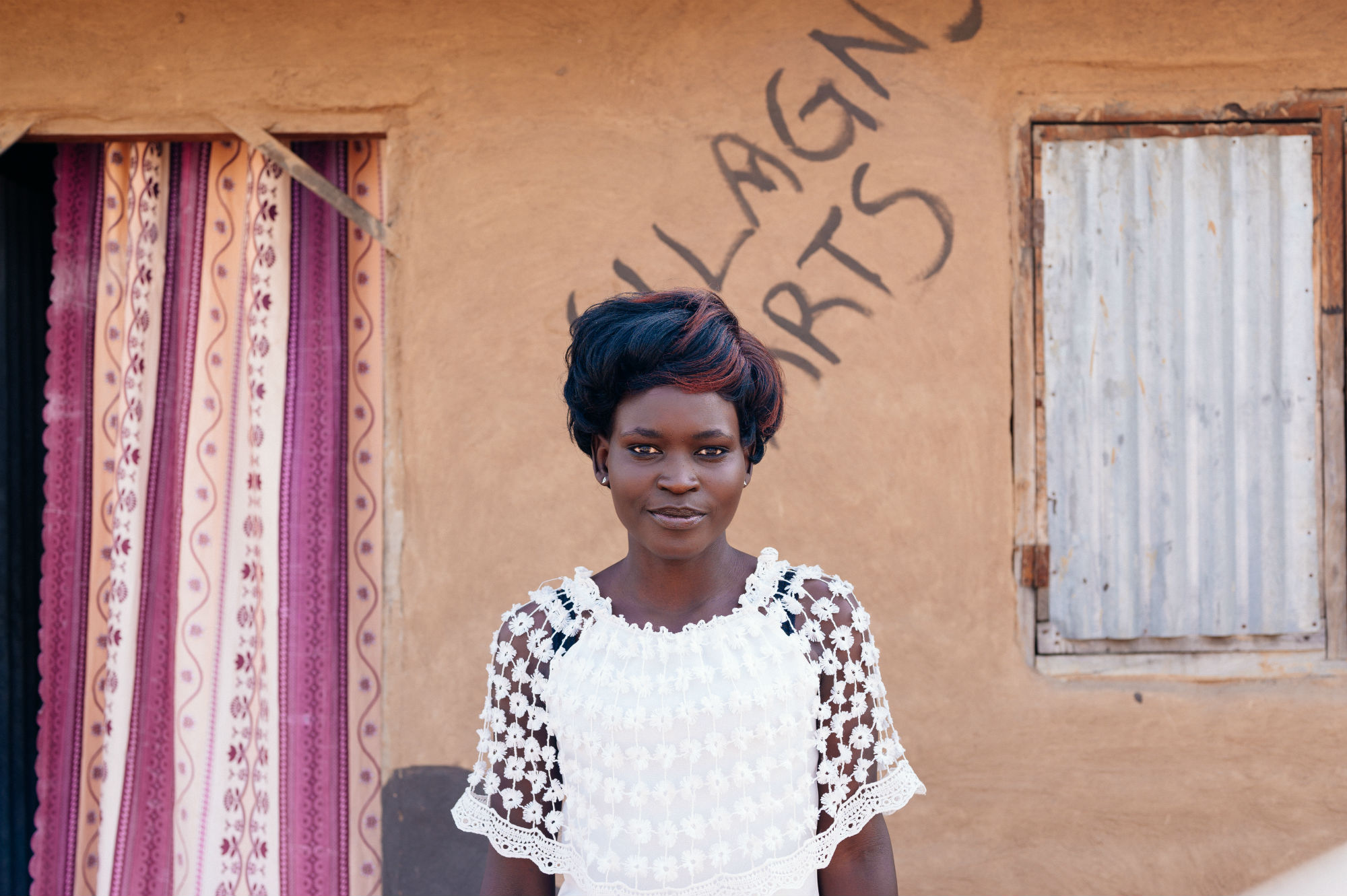
3. 'We want access to a safe and quality education'
Education is a basic human right. But conflict and disasters have a devastating impact on girls’ ability to go to school. The lack of provision of basic school services, particularly secondary school, disproportionally affects girls.
4. 'We want to be safe from gender-based violence'
Conflict, crisis and displacement leaves girls at a heightened risk of gender-based violence. The risk of human trafficking and sexual exploitation was highlighted as a major concern among girls. Poverty and a lack of access to livelihood opportunities left girls at an acute risk of being forced into sexual exploitation and transactional sex to cover the cost of basic services including school fees and health supplies such as period products.
5. 'We want good health and wellbeing'
Humanitarian crises often affect the availability of food and clean water and severely limit access to adolescent-friendly healthcare and support services for survivors of violence, abuse and exploitation. This results in poor health outcomes and increased maternal and new-born deaths. Also, girls who have been through conflict, or survived trafficking and sexual slavery, still feel fear, have nightmares, and become withdrawn from their communities.
6. 'We want control of our bodies'
Girls are often not given a voice in decisions about their sexual and reproductive health and rights (SRHR) and are frequently denied access to good quality services and information. The girls spoke about feeling ill-equipped to protect themselves from the risk of pregnancy and sexually transmitted infections.
7. 'We want fair and decent work'
Young women lack access to safe, fair and decent work. This limits their options and increases the risk of them being trafficked and forced into exploitative situations.
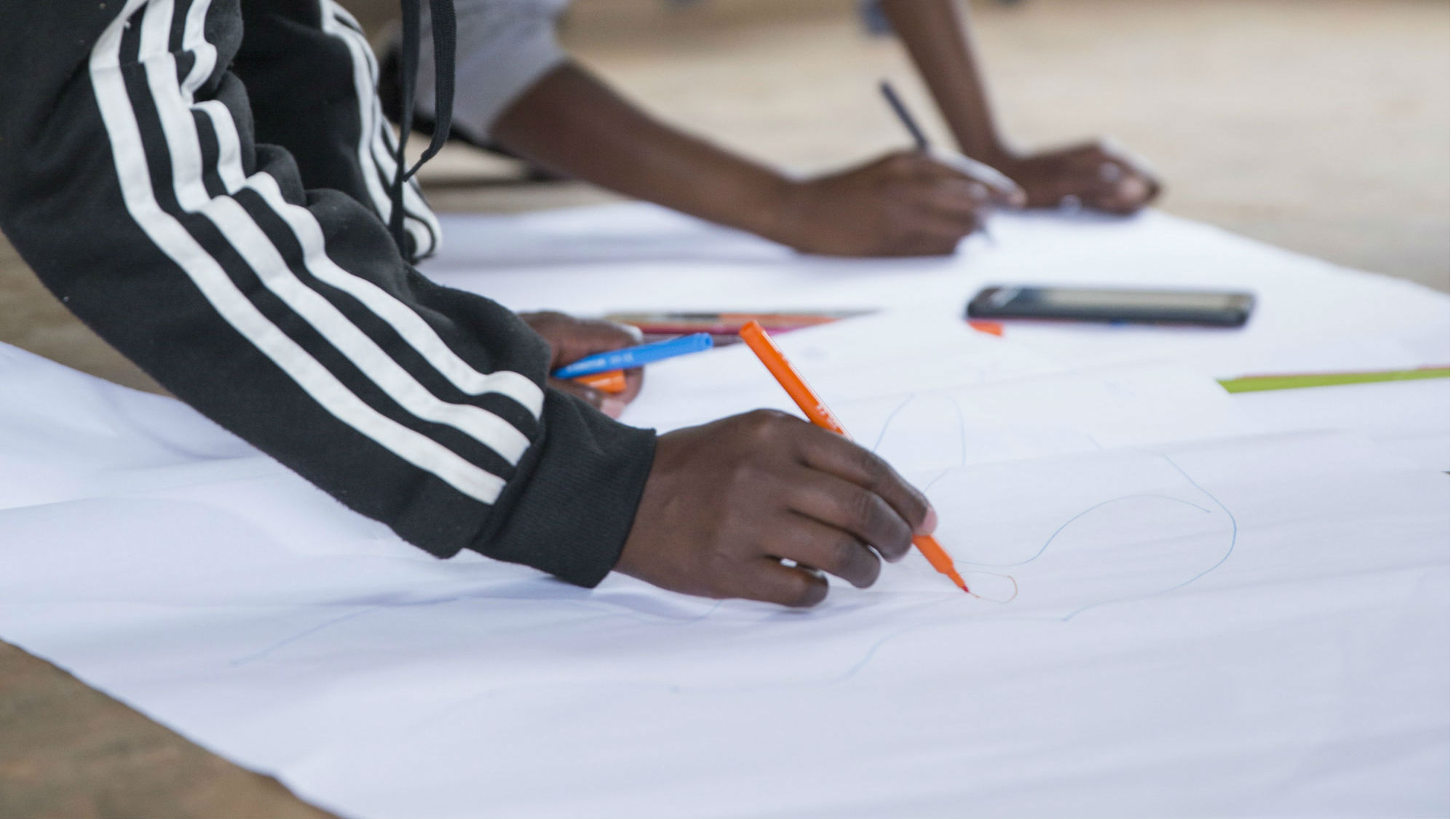
8. 'We want to be involved in creating peaceful and sustainable futures'
Girls know what needs to change. They are the experts in their own lives. They want to be involved in creating peaceful and sustainable futures. All girls spoke to Plan International about their hope to live safe and peaceful futures free of insecurity and violence. They felt strongly that they had valuable knowledge that could be offered to their communities and that their voices should be heard.
For more information on how to support girls on World Refugee Day and beyond, see plan-uk.org
Olivia – who rebranded as Liv a few years ago – is a freelance digital writer at Marie Claire UK. She recently swapped guaranteed sunshine and a tax-free salary in Dubai for London’s constant cloud and overpriced public transport. During her time in the Middle East, Olivia worked for international titles including Cosmopolitan, HELLO! and Grazia. She transitioned from celebrity weekly magazine new! in London, where she worked as the publication’s Fitness & Food editor. Unsurprisingly, she likes fitness and food, and also enjoys hoarding beauty products and recycling.
-
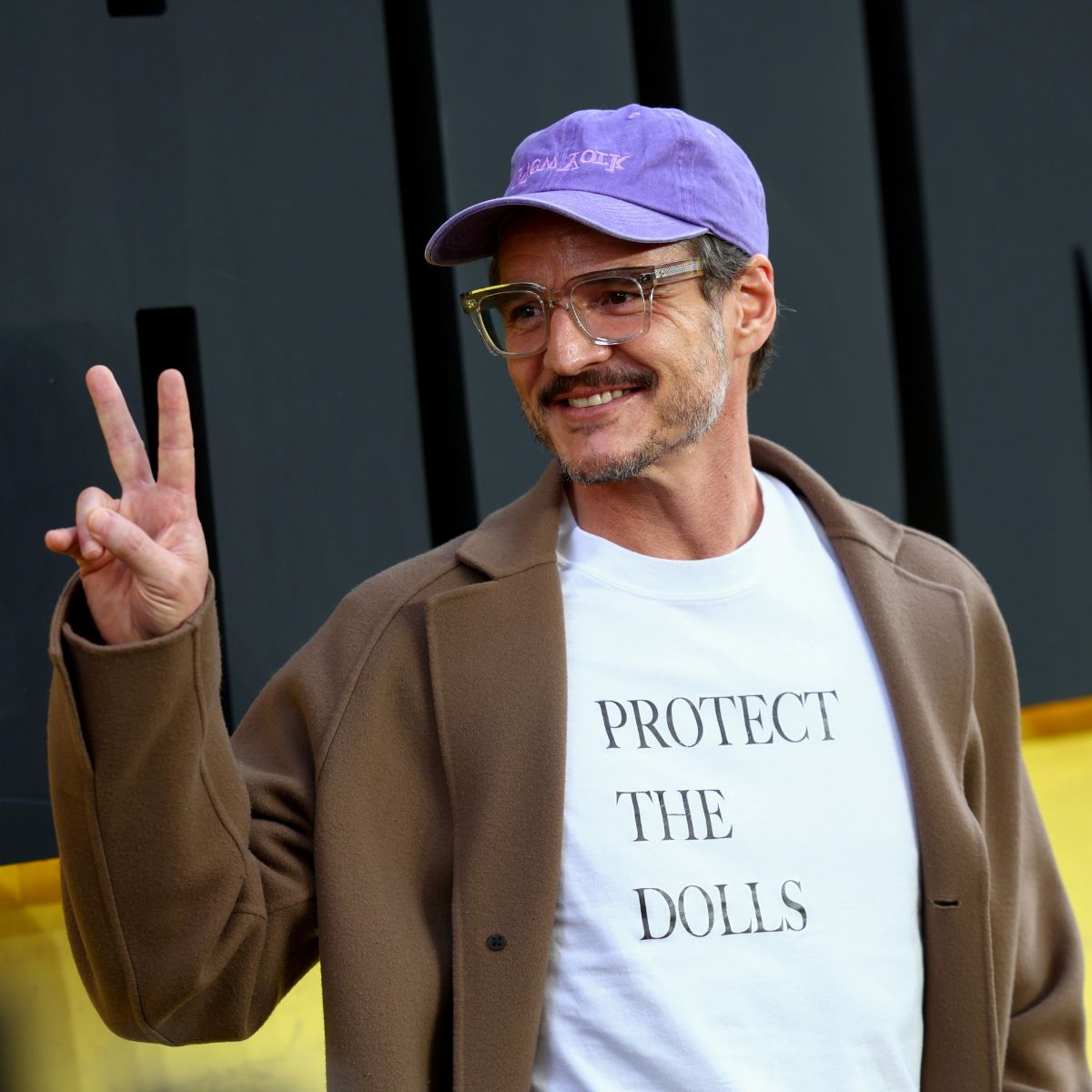 How the slogan t-shirt became this season's must-have - and why it's more than just another trend
How the slogan t-shirt became this season's must-have - and why it's more than just another trendNot just another Nineties throwback
By Clementina Jackson
-
 How are Trump’s tariffs affecting the fashion industry?
How are Trump’s tariffs affecting the fashion industry?The fluctuating situation in the US is having very real consequences
By Rebecca Jane Hill
-
 Here's every character returning for You season 5 - and what it might mean for Joe Goldberg's ending
Here's every character returning for You season 5 - and what it might mean for Joe Goldberg's endingBy Iris Goldsztajn
-
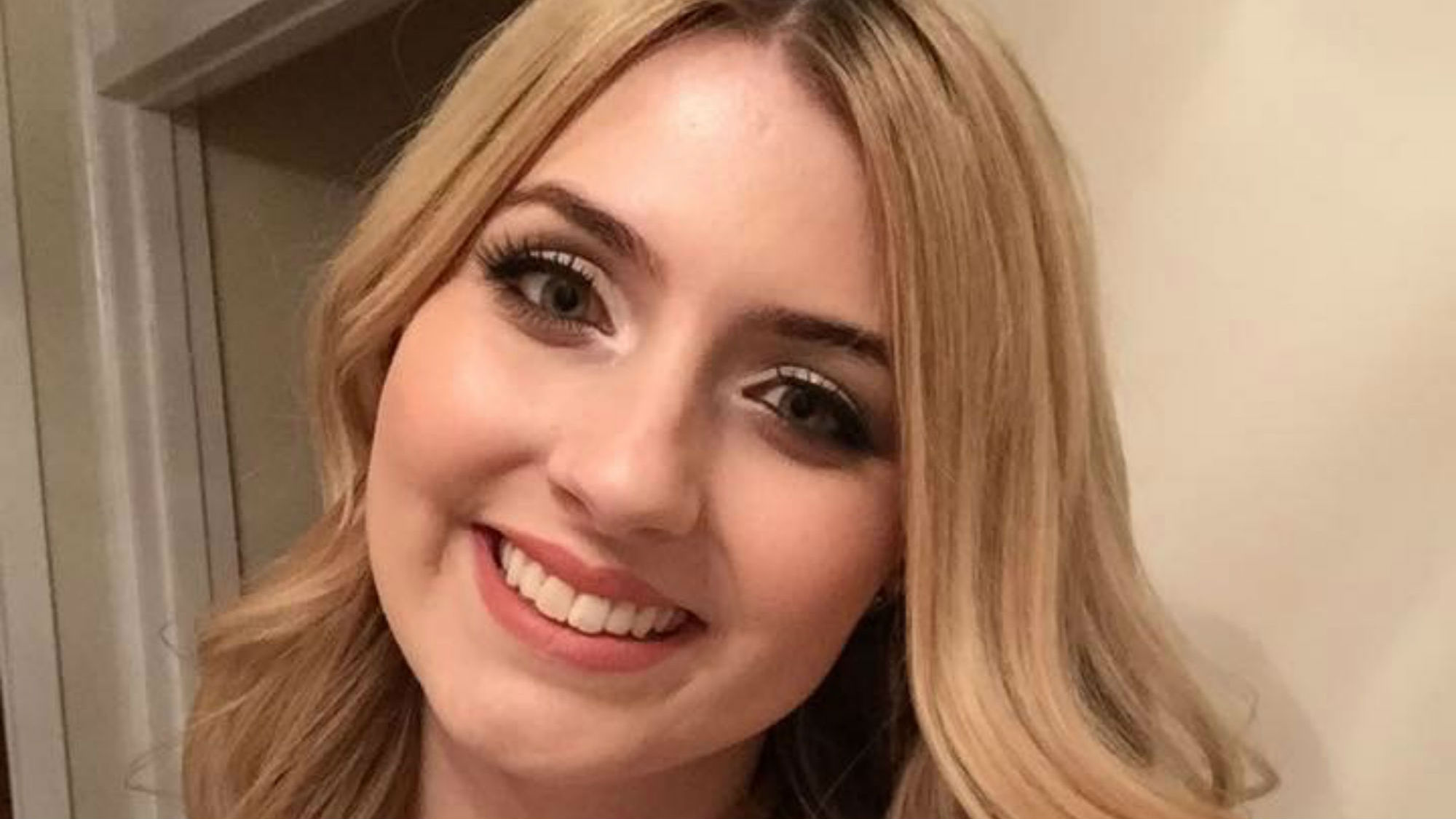 'I was only 24 and had no symptoms' - read one woman's shocking cervical cancer diagnosis
'I was only 24 and had no symptoms' - read one woman's shocking cervical cancer diagnosisThis Cervical Cancer Prevention Week, read Stephanie Varden's powerful story - from chemo to seemingly having the all-clear
By Olivia Adams
-
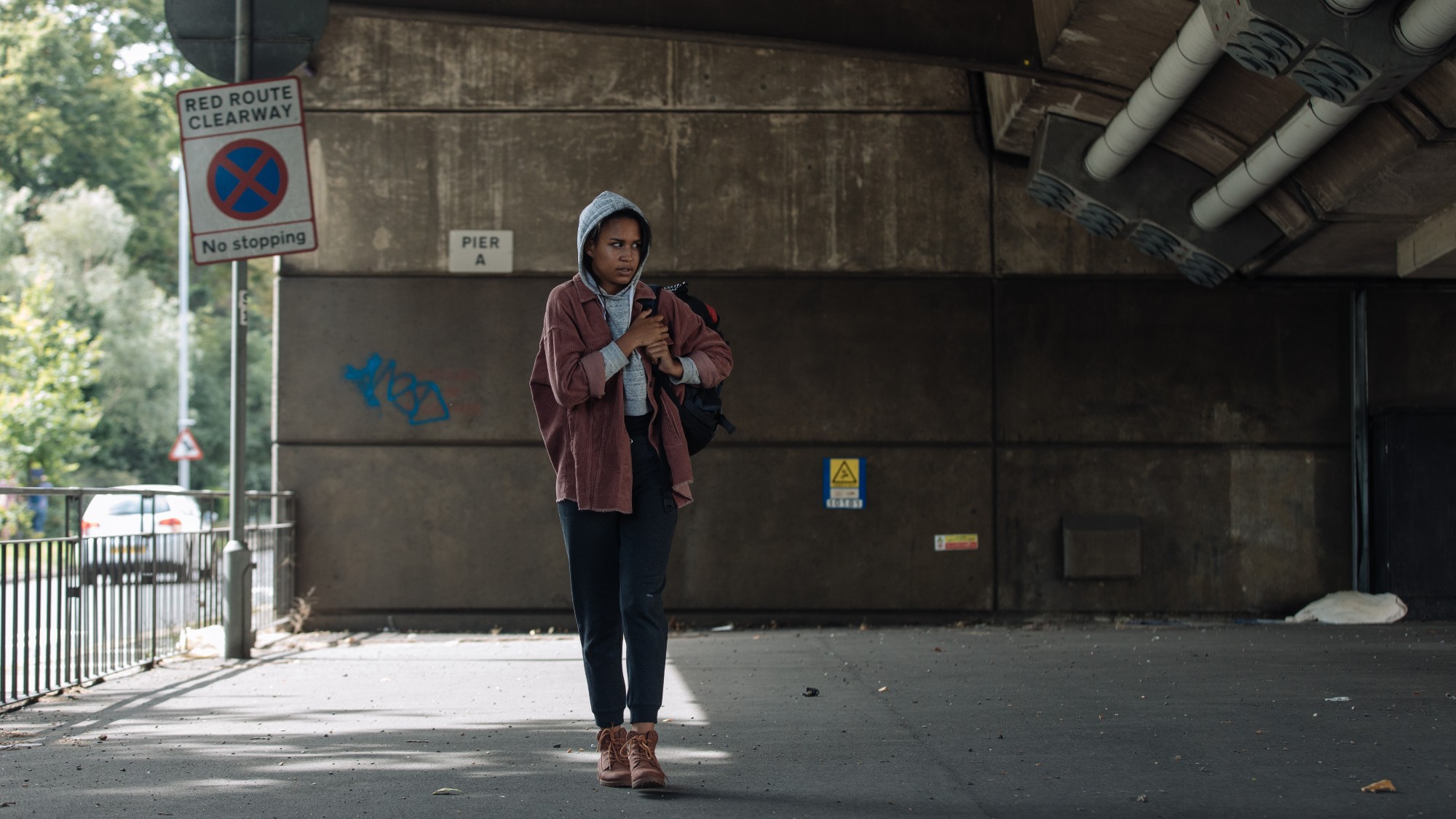 23,000 young people face homelessness this Christmas – here's how you can help with Centrepoint
23,000 young people face homelessness this Christmas – here's how you can help with CentrepointThis Christmas, Marie Claire has joined forces with Centrepoint to bring to light the homelessness crisis among young women.
By Marie Claire
-
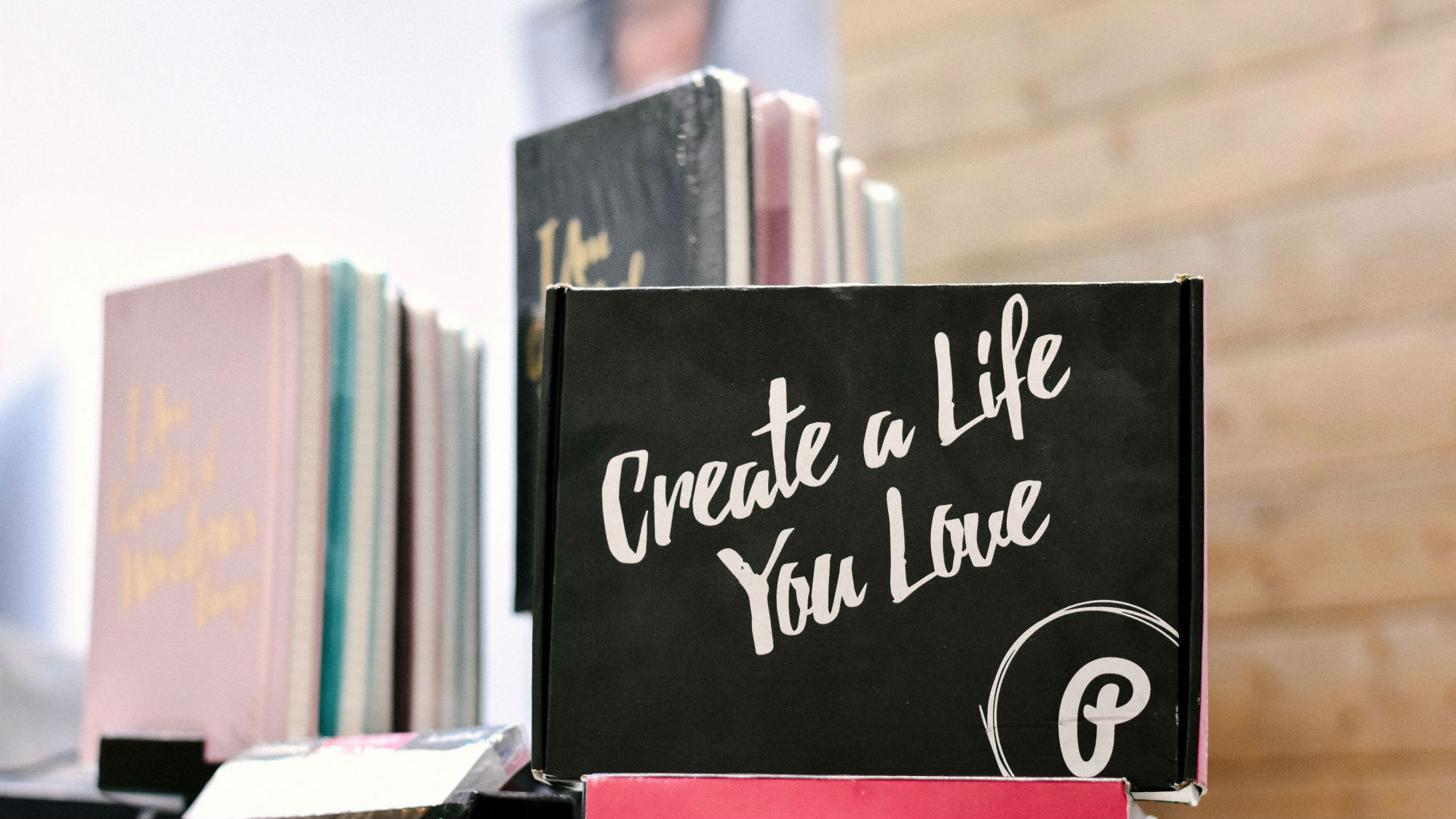 What it's really like to be a 24-year-old model…And HIV positive
What it's really like to be a 24-year-old model…And HIV positiveTo mark World AIDS Day, we spoke to 24-year-old model, art student and beauty queen Horcelie Sinda, who was diagnosed as HIV Positive as a child. This is her story...
By Olivia Adams
-
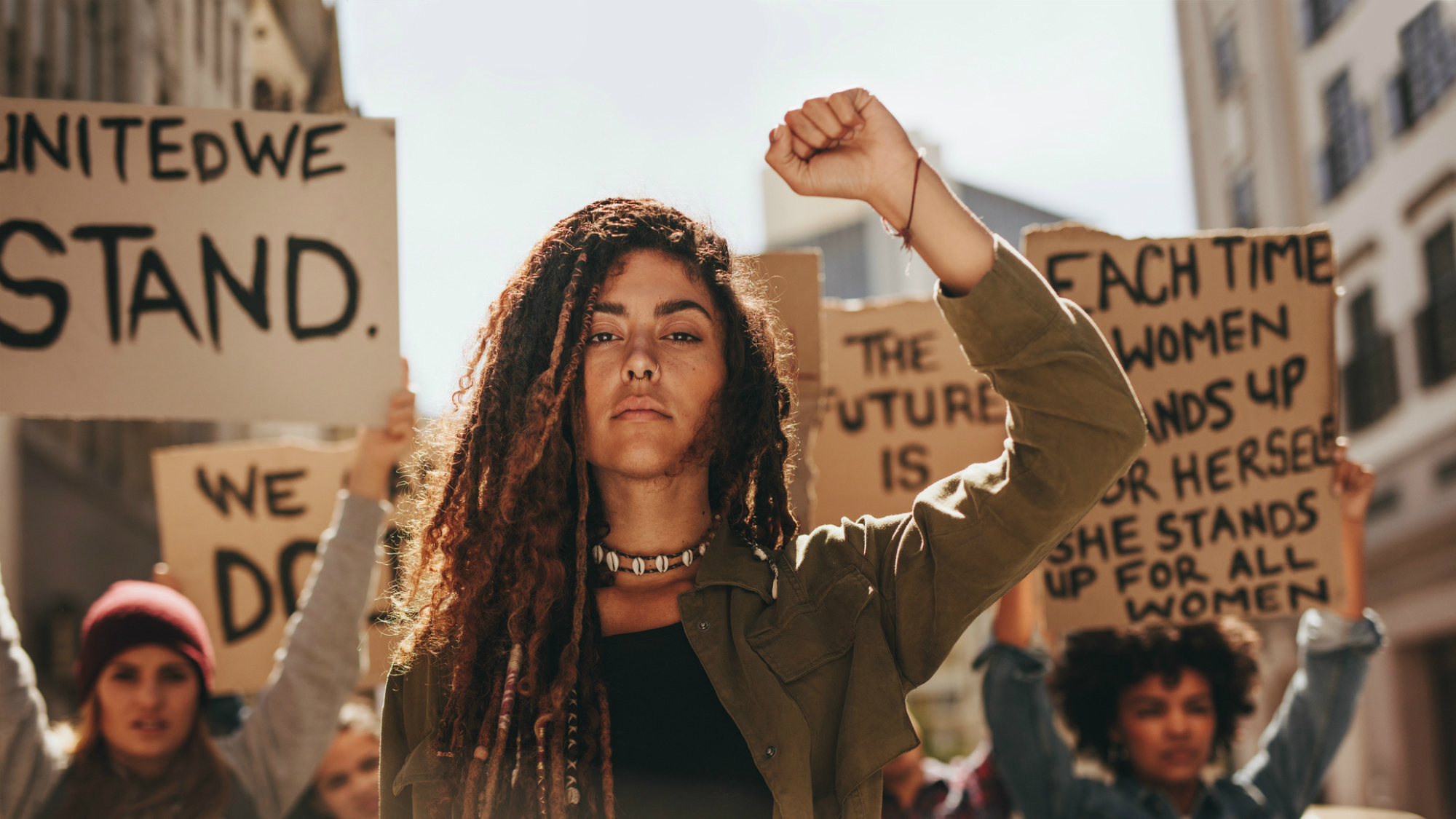 I May Destroy You: sexual assault survivors have a few things to say
I May Destroy You: sexual assault survivors have a few things to sayI May Destroy You, Michaela Coel's extraordinary drama of the year, has triggered many to speak out about their traumatic experiences. Lizzy Dening asks survivors what they want you to know – and how to help
By Lizzy Dening
-
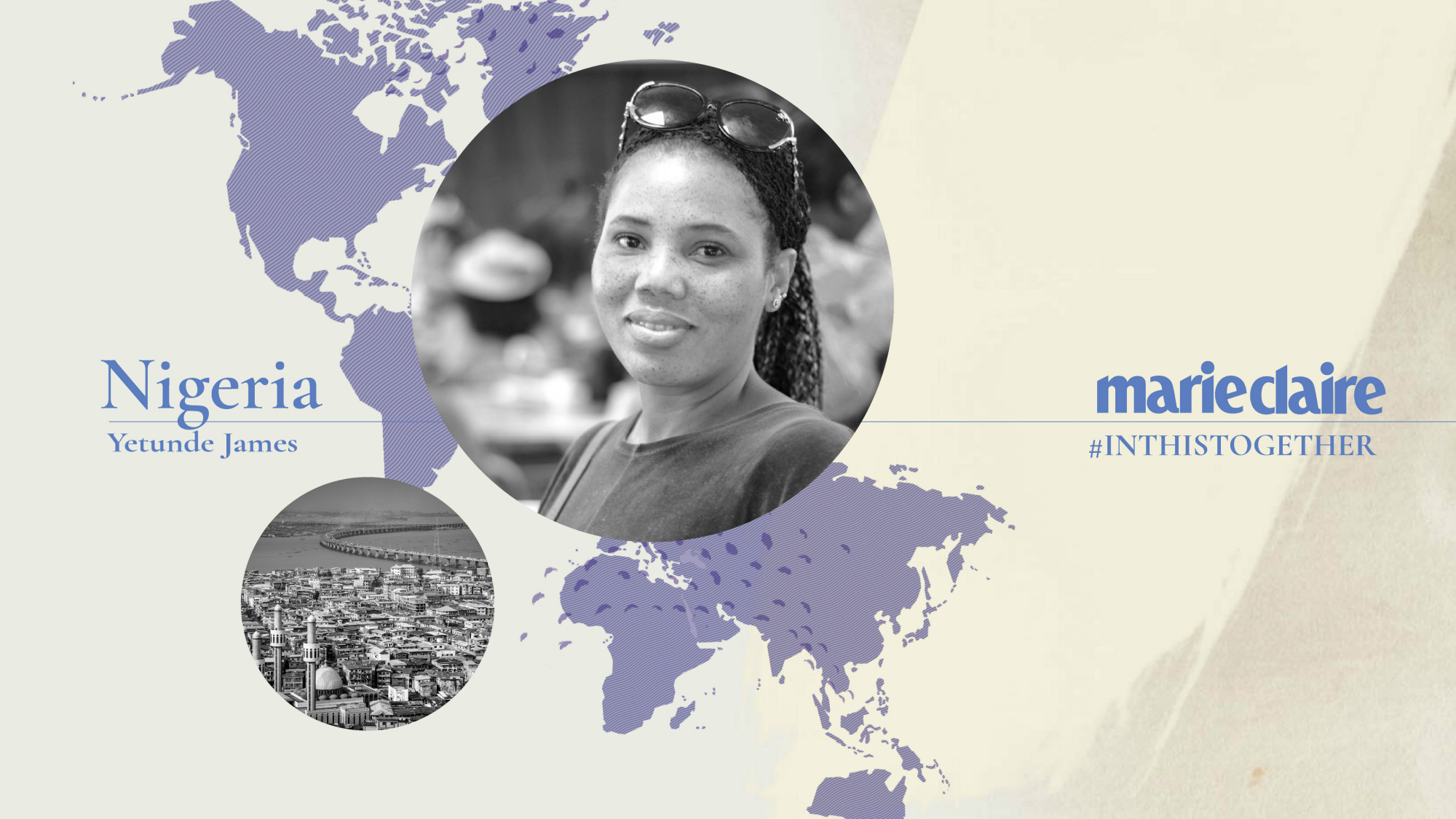 Covid-19 Global Diaries: 'I'm a refugee in London and people like me are dying'
Covid-19 Global Diaries: 'I'm a refugee in London and people like me are dying'Fleeing persecution in Nigeria, Yetunde James arrived in the UK with dreams of a new and safe life. But coronavirus has taken her friends, put her life in danger and her plans to build a bright future on hold
By Maria Coole
-
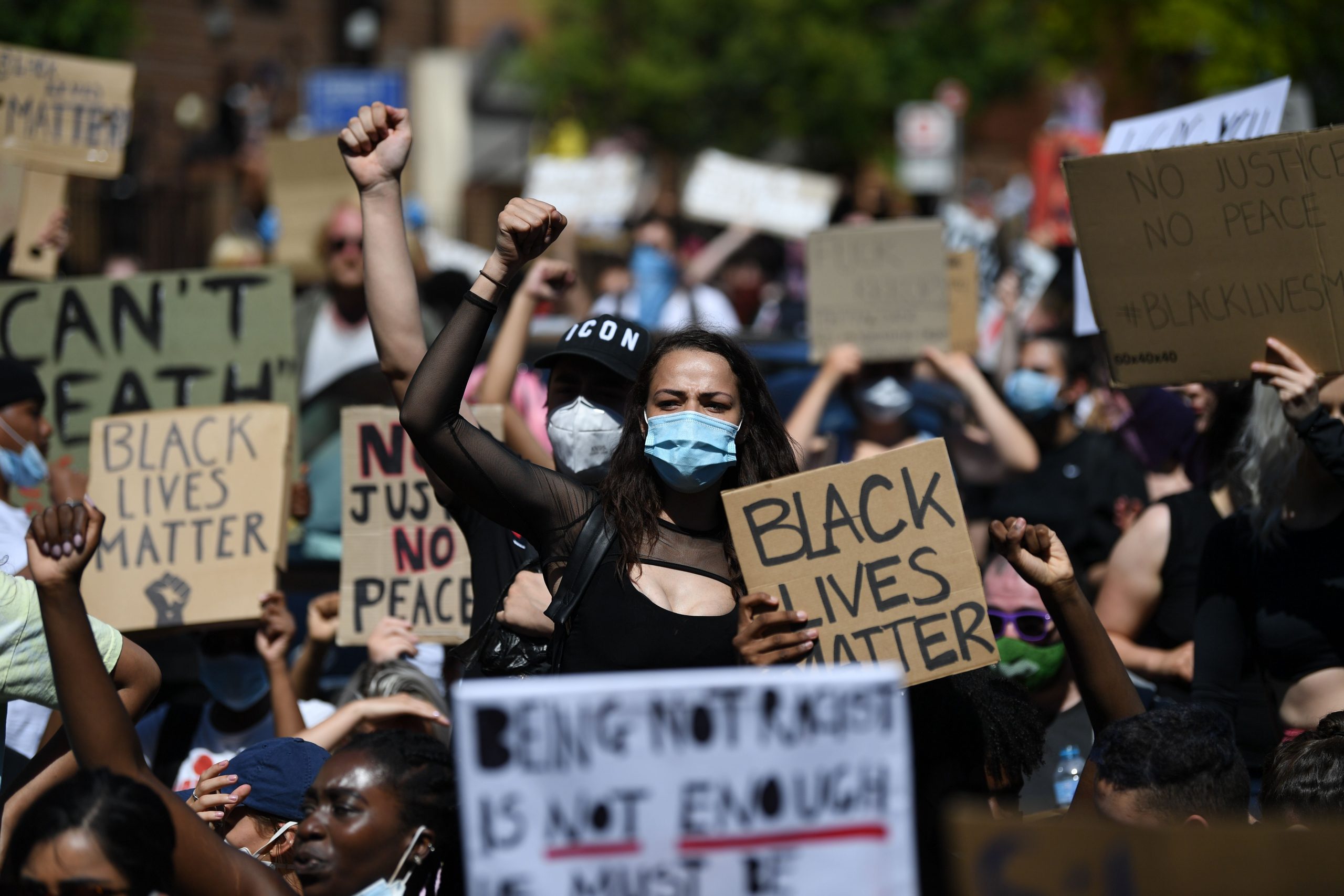 We all have a part to play in making lasting change after George Floyd’s brutal killing
We all have a part to play in making lasting change after George Floyd’s brutal killingBy Jenny Proudfoot
-
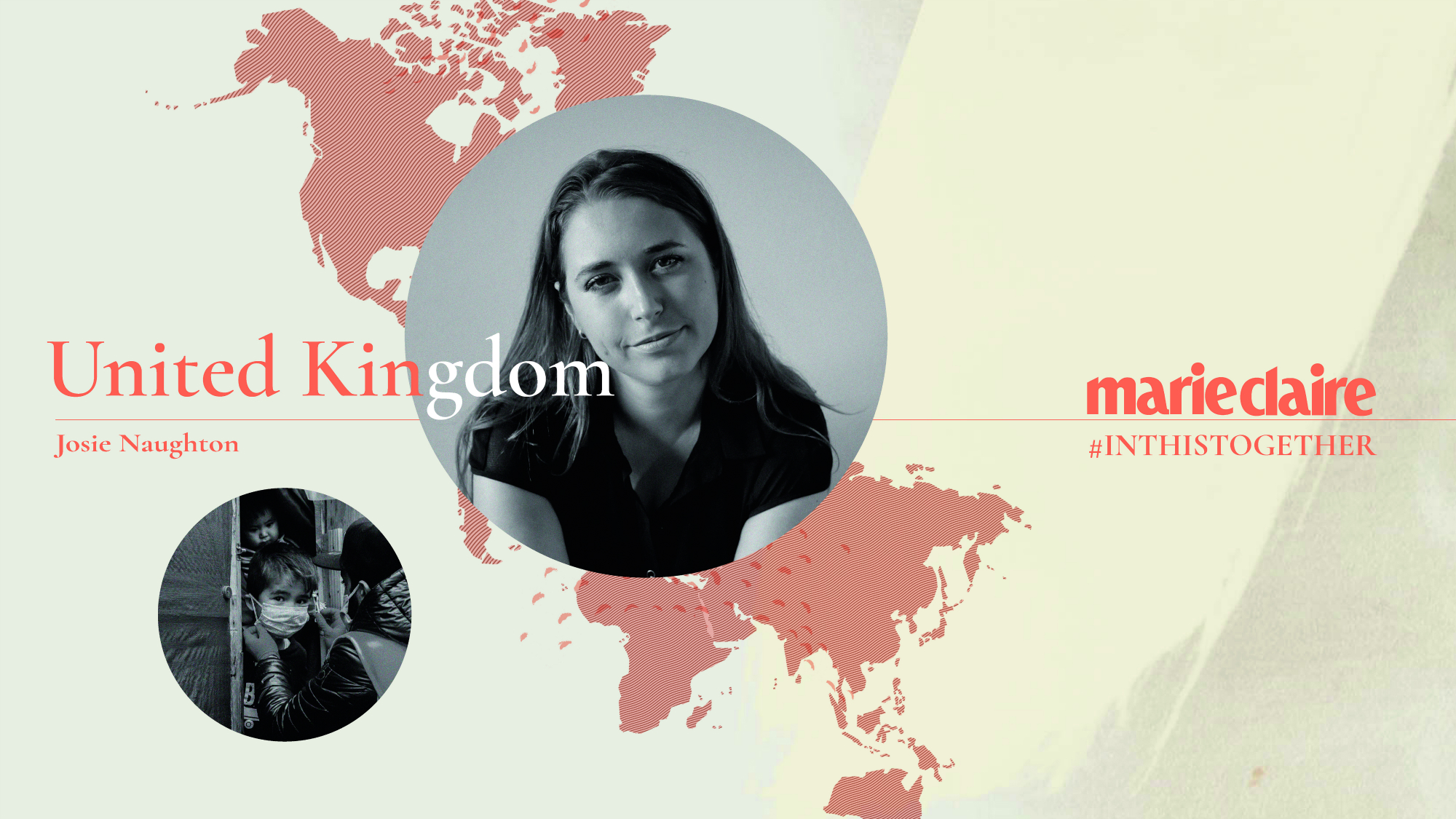 COVID-19 Global Diaries: 'The virus is breaking out in camps and refugees are at terrible risk'
COVID-19 Global Diaries: 'The virus is breaking out in camps and refugees are at terrible risk'Josie Naughton, co-founder and CEO of Help Refugees, works tirelessly with her global team to protect the forgotten people of the pandemic - the refugees left exposed and vulnerable
By Marie Claire
-
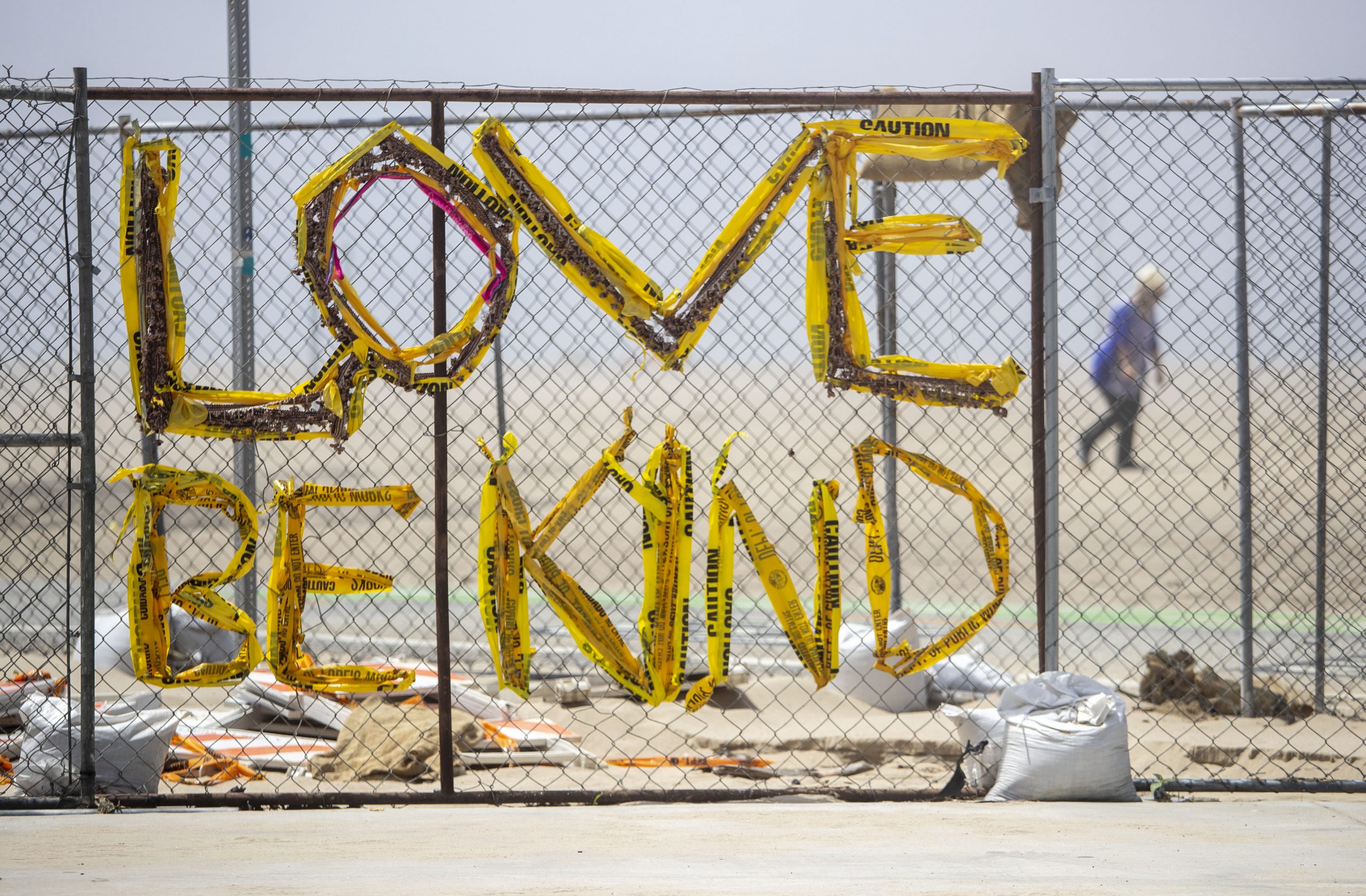 Mental Health Awareness Week is an important reminder to be kind
Mental Health Awareness Week is an important reminder to be kindThis Mental Health Awareness Week, we will be looking into post-lockdown anxiety, as experts predict a mental health crisis to come in the next three months.
By Jenny Proudfoot